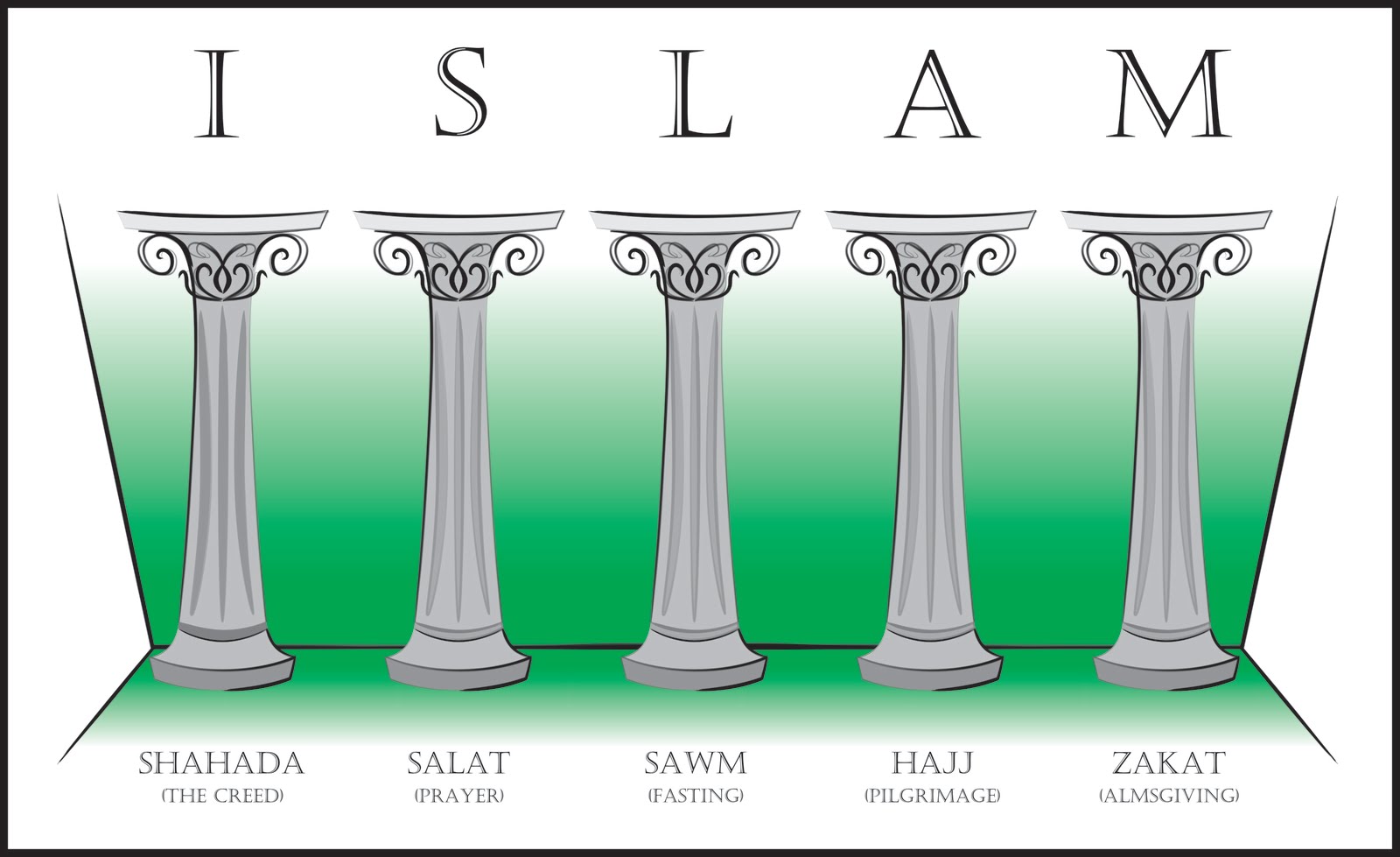
Beatific Vision
The ocular vision of Allah (al-ruʿyah bi-al-abṣār) is a Sunnī doctrine that postulates that the believers will see Allah with their eyes on the day of judgment as ultimate reward. This doctrine is based mainly on the literal reading of the following verse “Some faces, that Day, will beam (in brightness and beauty), looking towards their Lord” (75: 22–23); and on the ḥadīth, “You will see your lord on the day of judgment in the same way that you see the moon, on the day when it is full, you will not be challenged in your vision of Him” (Ṣaḥīḥ al-Bukhārī). However, this doctrine was rejected by the majority of other Muslim groups and theological schools, most importantly the Muʿtazilīs, Twelver Shīʿī, and the majority of Zaydīs. Sunnī traditionalists carefully collected and listed variants of the vision ḥadīth and pronounced its content along with their eschatological commentaries on it to be part of Sunnī orthodoxy. Sunnī rationalists, namely the Ashʿarīs and Māturīdīs, grounded this doctrine in reason when they rebuked the challenges of their opponents, most significantly the Muʿtazilīs. Abū al-Ḥasan al-Ashʿarī (d. 935–936) held that the vision of Allah is rationally possible because He is a being (mawjūd), and, like any other being, He can be seen. But al-Ashʿarī adds that the restriction of His vision to the believers can only be justified by scripture and not by reason. To refute accusations of comparing Allah to created bodies (tajsīm), al-Ashʿarī insisted that it is perception, and not the object of perception, that is the object of comparison in the ḥadīth. Moreover, Abū Manṣūr al-Māturīdī (d. c.934) distinguished between vision (ruʿyah) and apprehension (idrāk) and clarified that vision of Allah does not imply apprehension of Him (idrāk), and thereby rejected the arguments of those (the Muʿtazilīs in particular) who cited the verse “lā tudrikuhu al-abṣār (eyes do not apprehend Him)” (6:103) to refute ocular vision.
Twelver Shīʿī, along with the Zaydīs and the Muʿtazilīs who opposed the doctrine of the ocular vision, suggested other interpretations of the verse, “Looking at their Lord” (ilā rabbiha nāẓira). The Muʿtazilī Abū al-Hudhayl al-ʿAllāf (d. c.840–841) suggested that the vision de-scribed was that of the heart, while another prominent Muʿtazilī view was to interpret “nāẓira” as meaning “awaiting” rather than “seeing.”
While rejecting the literal meaning of the ocular vision, early Ṣūfīs saw the vision of Allah with the heart as one of their fundamental ontological and eschatological doctrines. They took the doctrine of theophany of the transcendent Reality (tajallī) as the ultimate fulfillment of the primordial covenant.
In triggering this range of interpretations, the nature of the vision of Allah illustrates the dividing echoes of the debates surrounding the nature of the divine attributes for the Muslim community. The question of salvation inherent in the question of the vision of Allah adds a poignancy and immediacy that is not present in debates surrounding the other divine attributes.
Beatific Vision
652 – 007
Last Updated: 06/2021
Copyright © 2017-2021o Institute for the Study of Islam (ISI) | Institute-for-the-study-of-Islam-org | Discerning Islam | Discerning-Islam.org | Commentaries on Islam | © 2020 Tips Of The Iceberg | © 1978 marketplace-values.org | Values In The Marketplace | are considered “Trade Marks and Trade Names” ®️ by the Colorado Secretary of State and the Oklahoma Secretary of State. All Rights Reserved.



